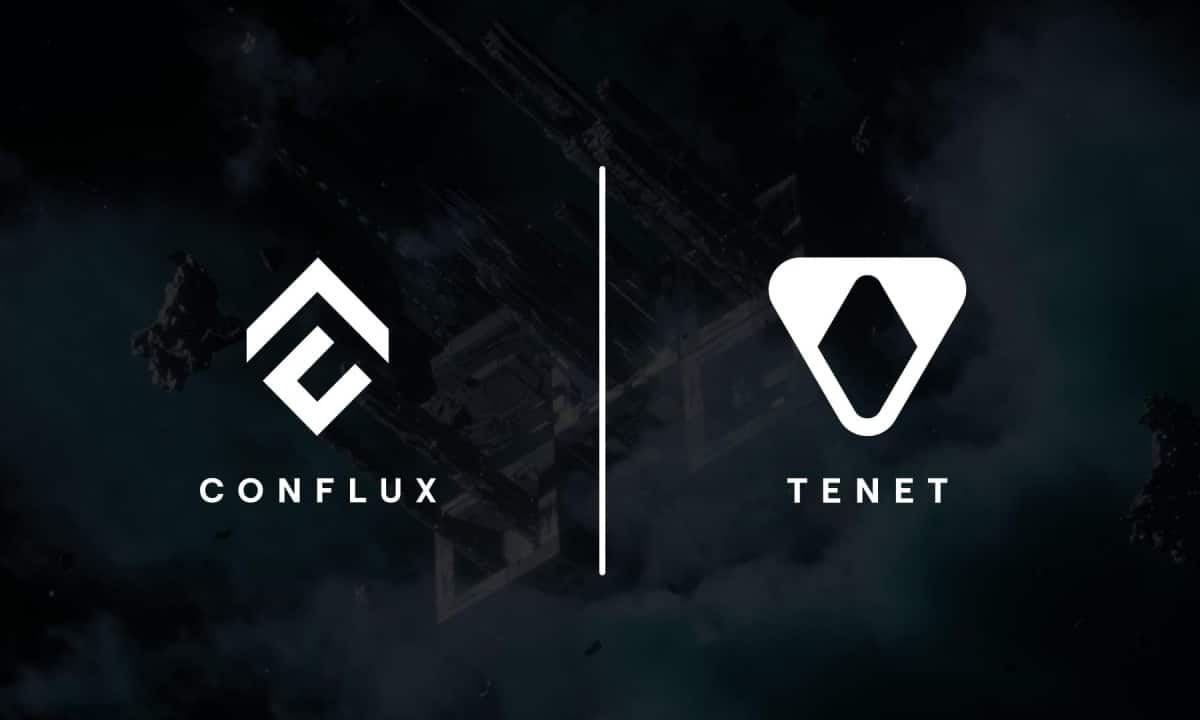
Tenet is expanding its presence on the Cmarket through two key partnerships with QTUM and Conflux.

Qtum is an open sourced public blockchain platform, leveraging the security of UTXO while enabling multiple virtual machines including EVM and the revolutionary x86 VM. Qtum is PoS based and boasts a Decentralized Governance Protocol (DGP) which allows specific blockchain settings to be modified by making use of smart contracts. For instance, the block size […]
Qtum is an open sourced public blockchain platform, leveraging the security of UTXO while enabling multiple virtual machines including EVM and the revolutionary x86 VM. Qtum is PoS based and boasts a Decentralized Governance Protocol (DGP) which allows specific blockchain settings to be modified by making use of smart contracts. For instance, the block size of Qtum can be increased without the need of a hard fork.

Tenet is expanding its presence on the Cmarket through two key partnerships with QTUM and Conflux.

Cryptocurrencies like HedgeUp ($HDUP), Kusuma ($KSM), and Qtum ($QTM) have been driving a wave of financial inclusion with their impactful use cases.

The latest protocol hack on BadgerDAO is a call for developers and projects to take a closer look at their smart contracts and employ third-party auditors.